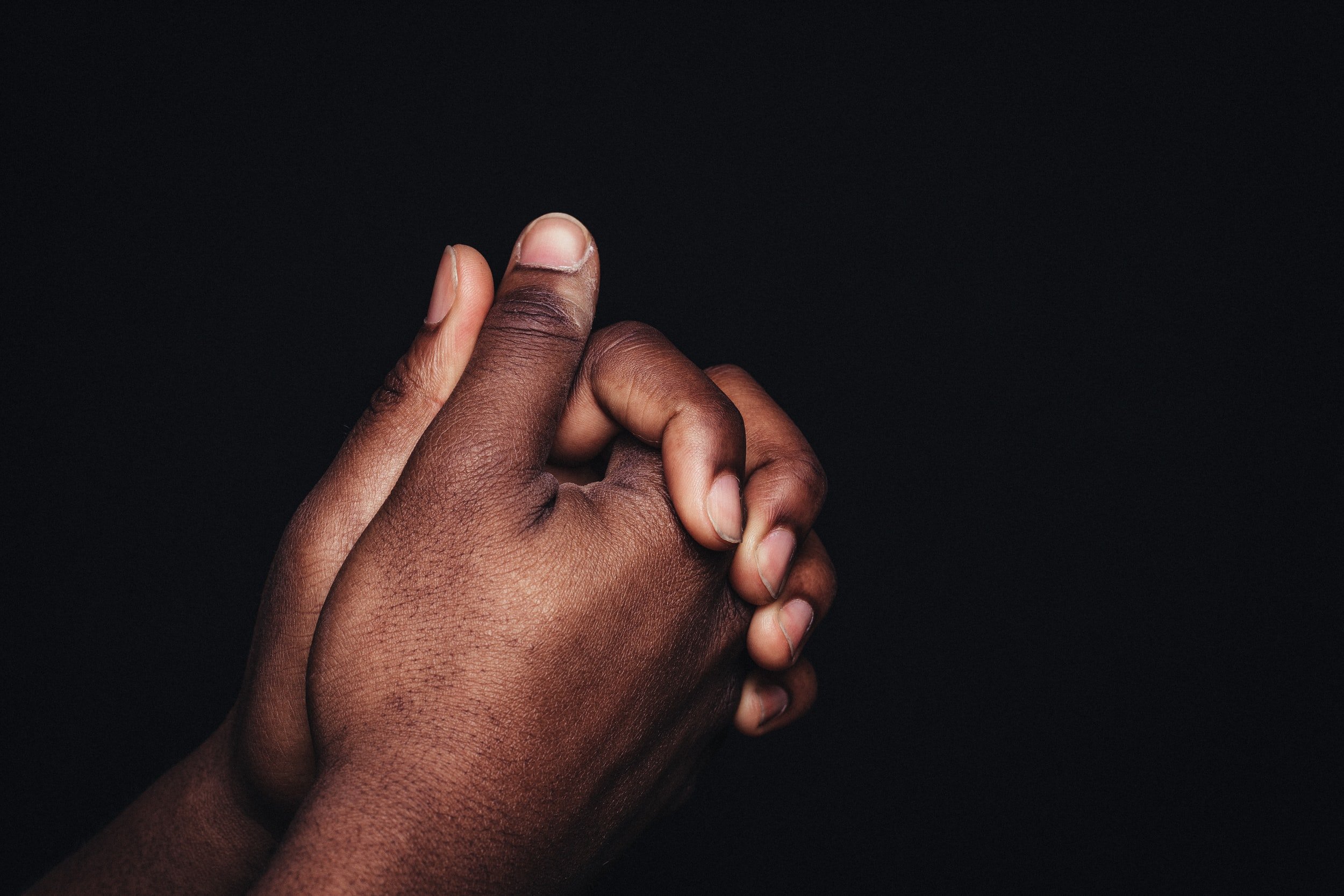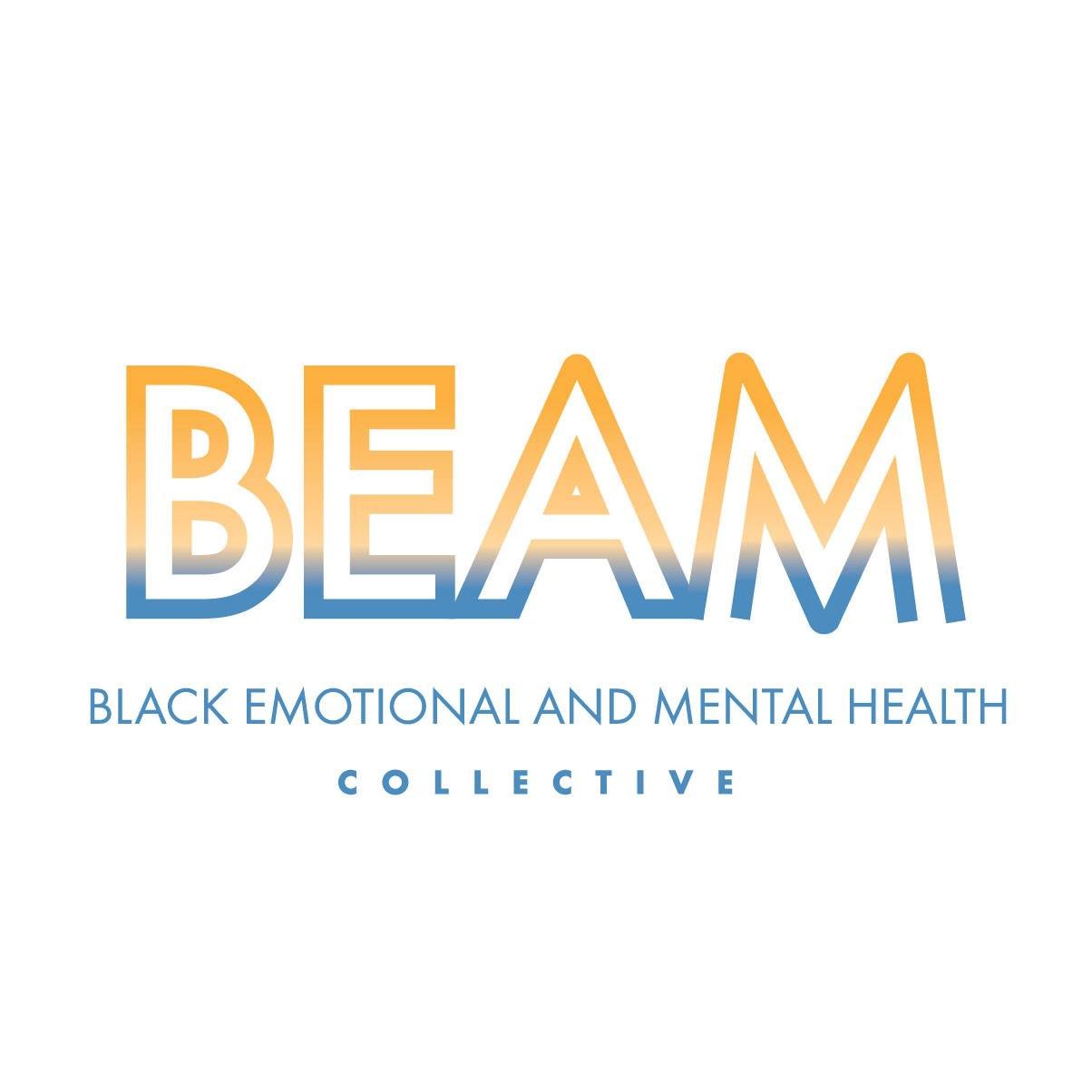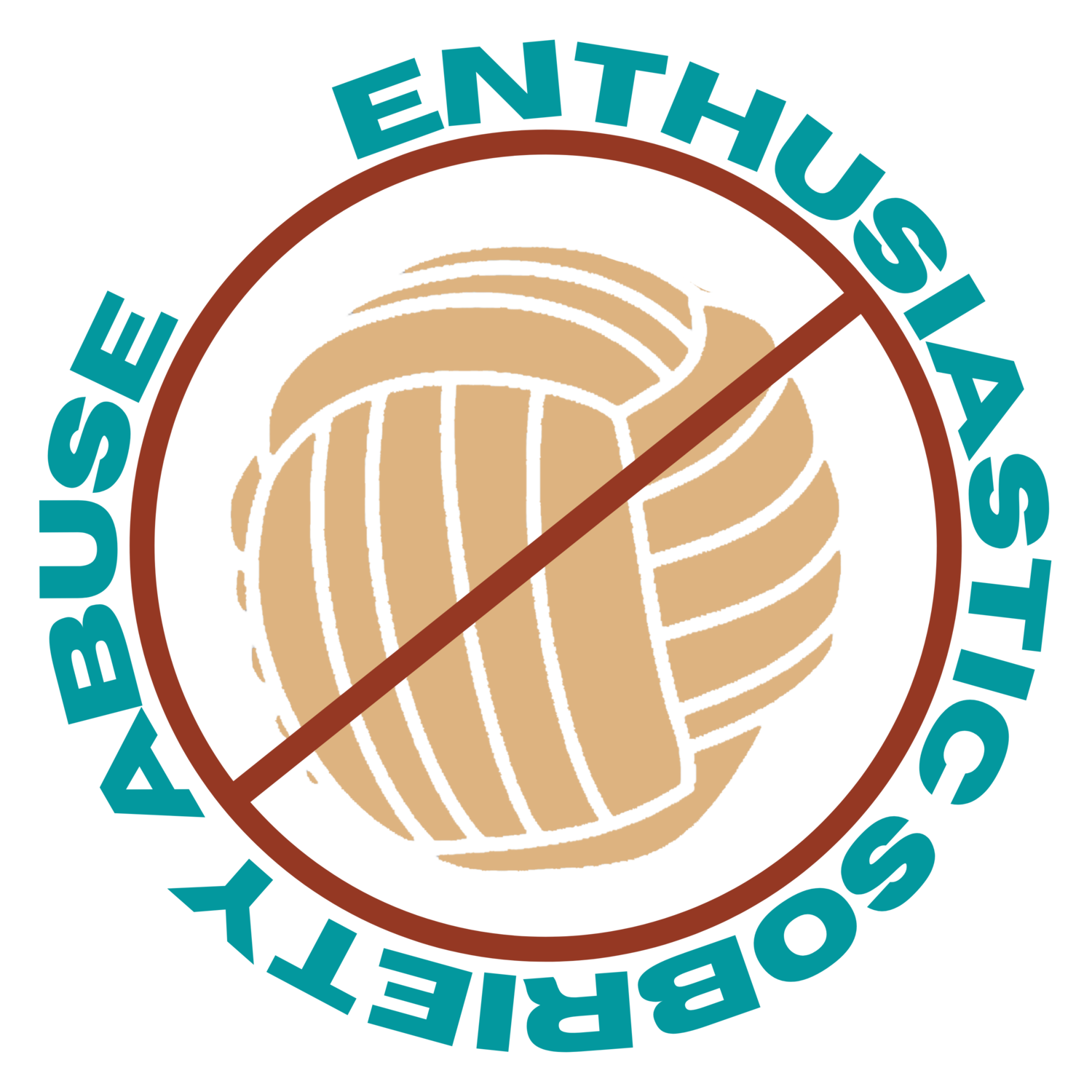
Support for BIPoC Enthusiastic Sobriety Survivors
Coping with Racial Trauma
-
Racial trauma, or race-based traumatic stress (RBTS), refers to the mental and emotional injury caused by encounters with racial bias and ethnic discrimination, racism, and hate crimes. Any individual that has experienced an emotionally painful, sudden, and uncontrollable racist encounter is at risk of suffering from a race-based traumatic stress injury. In the U.S., Black, Indigenous People of Color (BIPOC) are most vulnerable due to living under a system of white supremacy.
-
While individuals of all racial-ethnic minority groups are at risk of experiencing racial discrimination and racial trauma, it is important to consider the compounding impact of belonging to multiple marginalized and oppressed groups, including (but not limited to) race, gender, and sexuality, and how these intersections interact and increase susceptibility to experiences of racial trauma.
The concept of intersectionality describes the ways in which various identities interact and shape the experiences of individuals from marginalized groups.
-
Psychologically, racial trauma can cause symptoms that mirror those of post-traumatic stress disorder (PTSD):
Re-experiencing distressing events
Chronic Stress
Hyper-vigilance
Depression
Anxiety
Physical Pain
Cardiovascular Disease
Hypertension
Respiratory Complications
These negative psychological outcomes are not only present in adults, but have been found to appear as in children of color as early as 12 years of age. However, the toll of racial trauma and stress is not limited to psychological outcomes. The negative effects of racial trauma also affects physical health outcomes.
-
Being seen and heard is essential to healing. Connect with friends who are able to engage in racially conscious conversations and willing to help you process your thoughts and emotions.
Learn to be aware and recognize the symptoms of racial trauma (e.g., fatigue, anxiety, depression, difficulty sleeping) and with that recognition, give yourself grace that you may not be able to preform optimally because of these symptoms and rest if you are able.
Racism is a huge problem that cannot be solved by a single person’s efforts alone. Seek professional help if you need it. Coping by engaging in activism or even harmless distraction can alleviate overwhelming negative emotions.
-

Racial Trauma Explained
Experiences of race-based discrimination can have detrimental psychological impacts on individuals and their wider communities. In some individuals, prolonged incidents of racism can lead to symptoms like those experienced with post-traumatic stress disorder (PTSD). This can look like depression, anger, recurring thoughts of the event, physical reactions (e.g. headaches, chest pains, insomnia), hyper-vigilance, low-self-esteem, and mentally distancing from the traumatic events. Some or all of these symptoms may be present in someone with RBTS and symptoms can look different across different cultural groups. It is important to note that unlike PTSD, RBTS is not considered a mental health disorder. RBTS is a mental injury that can occur as the result of living within a racist system or experiencing events of racism.
-

Conversations with Teens Foster Healing from Traumatic Experiences of Racism
According to an upcoming publication from the American Academy of Pediatrics, racism and discrimination are “adverse childhood experiences” that undermine development and well-being. Experiences of racism can influence self-esteem, deviant behavior, classroom behavior regulation and perceived discrimination. Courageous conversations that recognize and acknowledge injustices are one way to help teens counter negative physical, emotional and social effects, according to the report.
How can you create safe spaces that foster conversation about racism? Before leading teens in discussion, adults should seek a deep understanding of the challenges and spend time in self-reflection to explore how they have been affected by racism.
-

Facing racism depletes young adults' mental health
Making the transition to adulthood can be full of challenges. A new study finds that the effects of discrimination can cause severe mental health damage to the already-struggling young adult age group.
The study from researchers at UCLA found that young adults who endure frequent interpersonal discrimination based on race, sex or physical appearance are at greater risk of mental health issues than those who don't. The authors analyzed data from a 10-year survey and found that people ages 18 to 28 who experienced consistent short- or long-term discrimination are 25 percent more likely to experience psychological distress, to be diagnosed with a mental illness or to report excessive drug use.
Insight Survivor
Most of Raleigh group was white, the other races there were discriminated against. There was an African American 17 y/o that would get walked up to and people would say “what up N—“ a lot. He wouldn’t say anything and the staff wouldn’t say anything. (I did come to find out he was uncomfortable and was too fearful or response or staff to say anything.)
There is also an asian girl who would daily be called racial slurs like “Ch—“. Staff have heard it in front of her and just laughed with the group. She has talked to staff and they did nothing except say “they’re only jokes. They’re just playing around with you. Don’t be so uptight.” She told me she has even gone to Nick Crevar, also a minority, for understanding and he has replied the same. I have witnessed during multiple occasions when people have cats, other group members going up to this girl holding or pointing at the cat and saying racial jokes: “look I found you dinner?” “You gonna eat that?”
Nick Crevar and other group members have gone around acting somewhat Asian, speaking in a way that just sound like Chinese or Japanese in anime voices while squinting their eyes. (Not referencing anime’s with actual quotes. Literal gibberish that was made to sound “Asian.”) and laugh about it with each other.
BIPoC Mental Health Resources
-

Asian Mental Health Collective
It is the mission of AMHC to normalize and de-stigmatize mental health within the Asian community.
AMHC aspires to make mental health easily available, approachable, and accessible to Asian communities worldwide.
Connecting our inner selves
Creating a supportive and empathetic community
Collaborating with mental health professionals, providers, and organizations
Celebrating our mental health stories as Asians
-

Therapy for Latinx
For so many intersectional communities including Latinx, Black, and those who are marginalized there are so many barriers to finding a mental health professional the most common are financial, lack of insurance coverage, language, transportation, and of course we have a huge lack of representation which can often lead to further trauma, dealing with racial micro aggressions, discrimination, and xenophonia.
We believe that access to mental health is a human right. We dream of a future where therapy is normalized, more accessible and includes our various cultures.
-

Black Emotional and Mental Health Collective
Our mission is to remove the barriers that Black people experience getting access to or staying connected with emotional health care and healing through education, training, advocacy, and the creative arts.
We center our work around a healing justice framework. Healing justice is a framework, developed by Cara Page and the Kindred Healing Justice Collective, that identifies how we can intervene and holistically respond to generational trauma and violence.
-

We R Native
We are a comprehensive health resource for Native youth, by Native youth, providing content and stories about the topics that matter most to them. We strive to promote holistic health and positive growth in our local communities and nation at large.
We Are Native. We are members of diverse and vibrant communities. Learn more about your culture, history, and current events.
The Colorado group is extremely racist, sexist, ableist, anti-Semitic, and homophobic.
— Cornerstone Survivor
Staff member dressed up in a kimono and curled up their upper lip to show their teeth to make fun of my father.
— Crossroads Survivor
-

My Grandmother's Hands
In this groundbreaking book, therapist Resmaa Menakem examines the damage caused by racism in America from the perspective of trauma and body-centered psychology. The body is where our instincts reside and where we fight, flee, or freeze, and it endures the trauma inflicted by the ills that plague society. Menakem argues this destruction will continue until Americans learn to heal the generational anguish of white supremacy, which is deeply embedded in all our bodies. Our collective agony doesn't just affect African Americans. White Americans suffer their own secondary trauma as well.
-

The Racial Healing Handbook
A powerful and practical guide to help you navigate racism, challenge privilege, manage stress and trauma, and begin to heal.
Healing from racism is a journey that often involves reliving trauma and experiencing feelings of shame, guilt, and anxiety. This journey can be a bumpy ride, and before we begin healing, we need to gain an understanding of the role history plays in racial/ethnic myths and stereotypes. In so many ways, to heal from racism, you must re-educate yourself and unlearn the processes of racism. This book can help guide you.
-

Right Within
In workplaces nationwide, women of color need frank talk and honest advice on how to deal with micro-aggressions, heal from racialized trauma, and find relief from invisible workplace burdens. Filled with Minda Harts’s signature wit and warmth, Right Within offers strategies for women of color to speak up during racialized moments with managers and clients, work through past triggers they may not even know still cause pain, and reframe past career disappointments as opportunities to grow into a new path. Through action points, exercises, and clear-eyed coaching, Harts encourages women to summon hidden reserves of strength and courage.
“Myself and three other people who were all of latin decent, were all mocked, laughed at and called so many racist terms like ‘wetback’, ‘border jumper’, and ‘sp*c’. I was once even called a ‘sand n****r’. I know I will always struggle with what this program has done to me.
— Pathway Survivor
-

The [HATE] Group
By Ian McDowell, YES! Weekly Jan. 5th 2021
Multiple former patients of a local teen drug and alcohol rehab program allege that it not only isolates its members, demands obedience, and teaches that homosexuality is a delusion, but that its staff and founders regularly insult African-Americans and Latinx people in crude terms.
-

Pathway's Problematic Preachings
By Arek Sarkissian II, Tucson Weekly May 5th 2005
A local addiction-recovery program has a history of forgery, homophobia, racism and coercion, former employees say. Counselors and former clients added that group members who didn't embrace racist attitudes were eventually banished from the group.
Witnessed many racist interactions in the group, sometimes aimed at me or about me for being Asian.
— Step 2 Survivor
“The war of northern aggression” is what I’ve heard then refer to the civil war as. They’ve protected the confederate flag more than they’ve protected the group kids.
— Insight Survivor
I am mixed Native American and was told not to speak to my family of “drunks”
— Cornerstone Survivor
Tell Your Story
Share your story to help other survivors feel heard, seen and understood. We aim to expose the consistent patterns of abuses in Enthusiastic Sobriety Programs and prevent potential families from years of suffering from undue influence and abuse. These survivor testimonies can be submitted anonymously by former group members, staff and parents.








